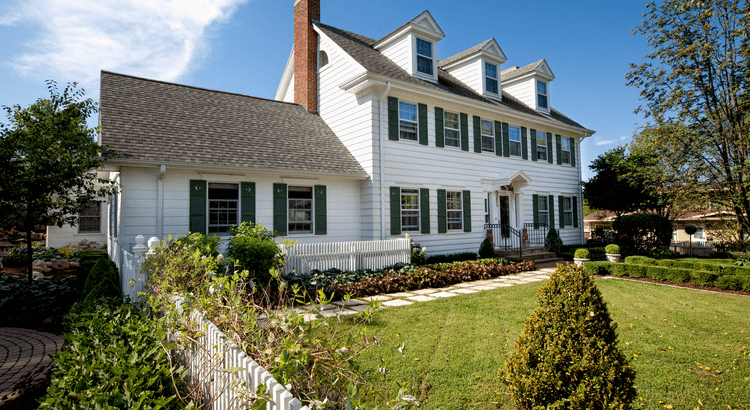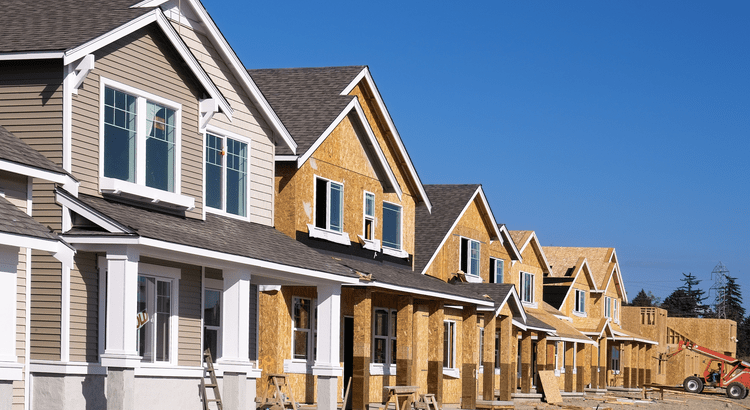

Could a 55+ Community Be Right for You?
Are you considering downsizing and exploring options for your next chapter? If so, you may have heard about 55+ communities and wondered if they might be the right fit for you. As a trusted Realtor in Iowa, I’m here to provide you with the insights you need to make an informed decision. What Is a 55
Read More

Are We Heading into a Balanced Market? Insights from Beth Van Zee
If you’ve been keeping an eye on the housing market over the past couple of years, you know sellers have had the upper hand. But is that going to shift now that inventory is growing? Here’s a breakdown of what you need to know. What Is a Balanced Market? A balanced market is typically defined as one
Read More

2025 Housing Market Forecasts: What To Expect
Looking ahead to 2025, it's important to know what experts are projecting for the housing market. And whether you're thinking of buying or selling a home next year, having a clear picture of what they’re calling for can help you make the best possible decision for your homeownership plans. Here’s an
Read More

How Presidential Elections Impact the Housing Market: What Buyers and Sellers Need to Know
It’s no surprise that the upcoming Presidential election might have you speculating about what’s ahead. Those unanswered thoughts can quickly spiral, causing fear and uncertainty to swirl through your mind. So, if you’ve been considering buying or selling a home this year, you’re probably curious ab
Read More
Categories
Recent Posts











